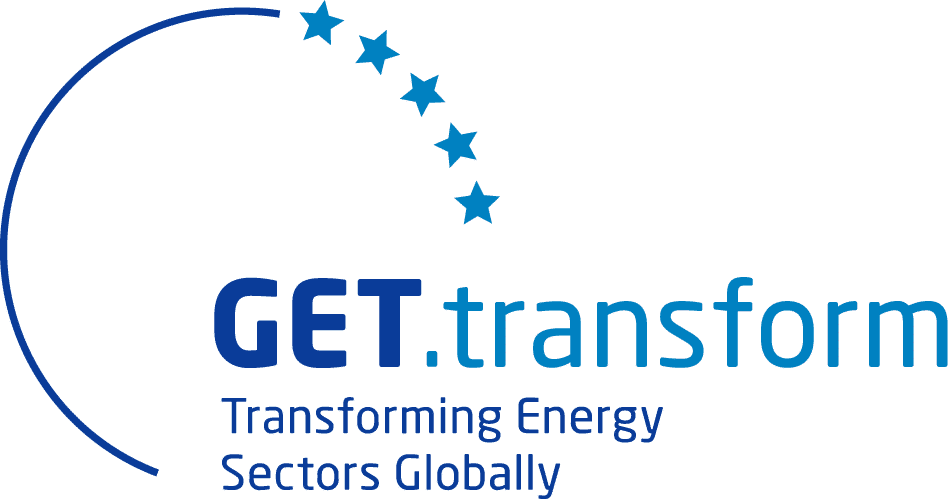On 31 March, 2021, Argentina and the Dominican Republic shared their planning experience in the fifth Virtual Seminar on “Long-Term Energy Scenarios for Developing National Clean Energy Transition Plans in Latin America”. A joint initiative by IRENA, UN ECLAC and GET.transform, the seminar seriers builds on IRENA’s Long-term Energy Scenarios (LTES) Network and takes place in the framework of UN ECLAC’s Technical Forum of Energy Planners (FOREPLEN).
Long-term energy scenario insights from the Dominican Republic were delivered by Alfonso Rodriguez, Vice Minister for Energy Efficiency, and Edward Veras, Executive Director of the National Energy Comission. Investments in the electricity subsector have been reformed through recent laws establishing a regulatory framework, market structure and commercial legislation. Backed by a new Ministry of Energy and Mines and state guarantees, the Dominican Republic created an environment open to foreign investment to foster growth in renewable energies and build resiliency independent of fossil fuels. Investment incentives include selected tax exemptions, credits, and others. In addition, a clear process allows granting renewable energy concessions in the country within a timeline of under two years. The Dominican Republic currently relies on less than 9% variable renewable energy sources in the energy matrix, with 400 MW of renewable energy generation built in the last decade. The aim is to reach 30% renewables by 2030 and carbon neutrality by 2050.
Sharing experiences from Argentina, Rocio Rodriguez, Energy and Climate Change Coordinator for the Energy Secretariat, highlighted the country’s 2030 Energy Plan in the framework of its Vision 2050. Argentina is currently at a point in which the climate change agenda leads energy planning with a long-term view to emissions reductions. The country’s energy planning hence aims to be inclusive, dynamic, stable, federal and to guarantee sovereignty. The Energy Scenario 2030 takes into account economic growth, natural gas, energy efficiency policies, and increase in vehicles (including electromobility). Today, the energy sector in Argentina emits 193 MtCO2eq, representing 53% of national emissions, incorporating transportation, residential, industrial, electricity, and other sources. Total emissions in 2016 amounted to 364 MtCO2eq, yet Argentina aims to maintain emissions below 359 MtCO2eq by 2030. Vision 2050 comprises the 2050 Energy Transition programme, which combines various initiatives to involve civil society towards a shared energy transition vision through intersectoral dialogue using back-casting over an 18-month period with over 23 institutions representing amongst others academia, NGOs, consumer organisations, and the energy industry. New technologies in this vision include emission-free energy sources, energy storage, electric vehicles, hydrogen, digitalisation and smart grids, as well as carbon capture and storage.
Tap into all findings by watching the English webcast above or the Spanish version here.
The next LTES seminar on 14 April, 2021 will feature lessons learnt from Mexico and Peru, and will be simultaneously available in Spanish and English.



